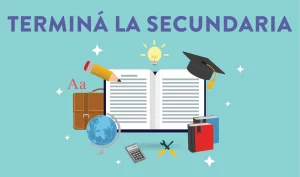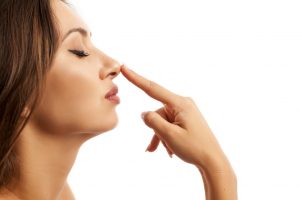How clean and safe is your hotel room? Quora respondents gave us the inside scoop on some of the industry’s most enlightening – and sometimes scary – secrets.
A hotel may serve as your home away from home while travelling – but even the most luxurious accommodations are rarely as hygienic, private or safe as your own digs. What’s clean, what’s not… and what should you avoid at all costs? We took to question-and-answer site Quora to find out, asking: “What are the things we don’t know about hotel rooms?”
A handful of brave hoteliers and hospitality industry experts gave us the enlightening – and sometimes scary – scoop on everything from “peeping toms” and bedbugs, and revealed the number-one most contaminated object in your hotel room.
Peepholes can be used in reverse
“Check the peephole in your door. If its damaged or it has been tampered with, ask for a different room,” said Michael Forrest Jones, CEO of Beechmont Hotels in Winston-Salem, North Carolina. A peephole should offer a clear, unobstructed view. If it is unclear, cloudy or in any way compromised, it is unsafe. A tampered peephole may be an indication of a peephole camera: a reverse lens that allows an outside viewer to see inside a hotel room. To be safe, Jones recommended that hotel guests plug the peephole with a twisted piece of paper, removing it only if needed. Additionally, if someone knocks at your door but no one is visible from the peephole, don’t open the door. Call the front desk instead.
Step away from the coffee maker
Can’t start your day without a cup of joe? Skip the in-room coffee pot and head to a local café, several Quora respondents warned.
“The thing thats most squeamish to me is the coffee maker,” said Ken Lim, a former hotel manager in Chicago, Illinois. “Yes, it looks clean, but who knows how the previous guests used it before you? Think vomit, cigarette butts, crayons.”
The water glasses by the bathroom sink are just as suspect, said travel enthusiast Cooper Woods. “Those lavatory glasses aren’t as clean as you think,” he said. “At the best [hotel staff] merely wiped [them] with a rag or rinsed them with plain water.” He suggested that guests wash the glasses with soap and water to make sure they are sanitised properly.
The bathroom – not the luggage rack – is the safest place for your bags
Thanks to bedbugs, the best place to open your luggage isn’t where you might think. Skip the wooden luggage rack, said Jones, who suggests a surprising spot to open your bags.
“After checking the bathroom floor to see that it appears clean, open your bag there,” he advised. “Its literally safer. Bedbugs love wood.”
Metal luggage racks are a good alternative, too, since bedbugs are less likely to survive on metal.
The room’s most contaminated object might surprise you
It’s something almost all hotel guests pick up and use – which means, of course, that it is also the most contaminated object in the room.
The dirtiest thing in any good hotel room is likely to be the TV remote,” said Quora user William Payne, a retiree and frequent traveller in Houston, Texas. “It has been handled by countless people, and is almost never cleaned by staff.”
In fact, as Quora respondent John Leach pointed out, a 2012 study by the University of Houston found that remotes are typically as contaminated as the toilet. So is another room feature that most hotel guests use without thinking: the bedside lamp switch.
Before handling either one, you may want to do a quick cleaning with antibacterial wipes or sprays.
But try to rest easy, regardless
With peeping toms, bedbugs and germ-covered remotes, it’s no wonder hotel guests are wary. Luckily, an increase in public awareness has raised the hygiene and safety standards in many hotels.
For example, the US-based Best Western chain now uses ultraviolet wands that kill bacteria and germs when they are passed over objects. The chain also switched to waterproof television remotes to make cleaning them easier.
Source: BBC News Travel





